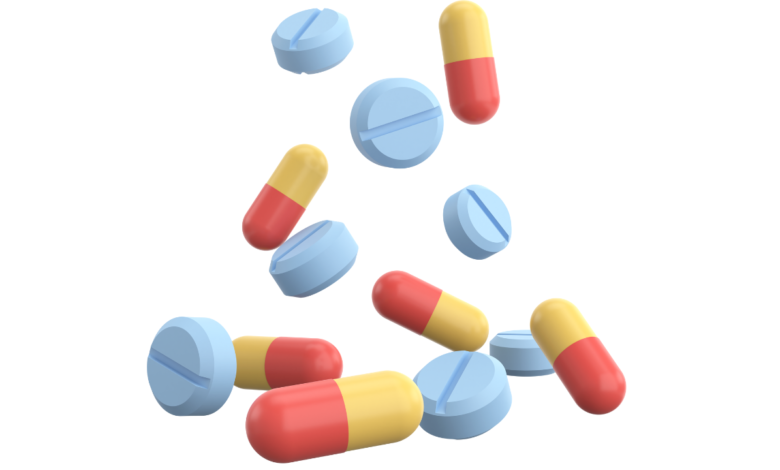Naproxen: Another common NSAID with similar effects.
Naproxen: Pain Relief and Inflammation Reduction - A Comprehensive Guide

Brief information about it
Naproxen is another NSAID commonly used to reduce pain and inflammation
Uses
· Pain relief
· Fever reduction
· Inflammation reduction
Mechanism of action
Naproxen works similarly to ibuprofen by inhibiting the production of prostaglandins.
.Elimination half life
The elimination half-life of naproxen is longer than ibuprofen, typically around 12-14 hours.
Route of Administration
Oral: Naproxen is typically taken orally in tablet or capsule form
Side effects
Similar to ibuprofen, naproxen can cause side effects such as:
- Stomach upset
- Nausea
- Heartburn
- Dizziness
- Allergic reactions
Serious side effects, although rare, can include:
- Stomach ulcers
- Kidney damage
- Heart problems
Dose
The appropriate dosage of naproxen depends on the specific condition and individual factors. It’s important to follow the dosage instructions on the medication label or as prescribed by a healthcare provider.
Precautions
· Consult a Healthcare Provider: Consult with a healthcare provider before taking naproxen, especially if you have any underlying health conditions, such as kidney disease, heart disease, or stomach ulcers.
· Avoid Alcohol: Alcohol can increase the risk of stomach bleeding and other side effects.
· Monitor for Side Effects: Pay attention to any side effects and discontinue use if you experience severe or persistent symptoms.
· Pregnancy and Breastfeeding: Pregnant or breastfeeding women should consult with a healthcare provider before taking naproxen.




